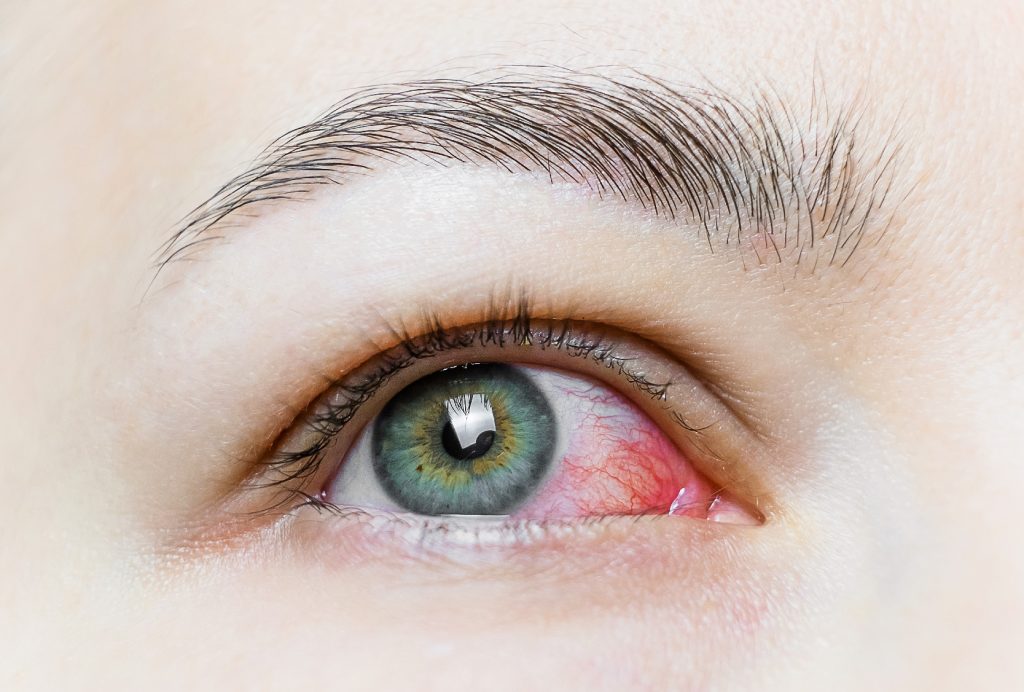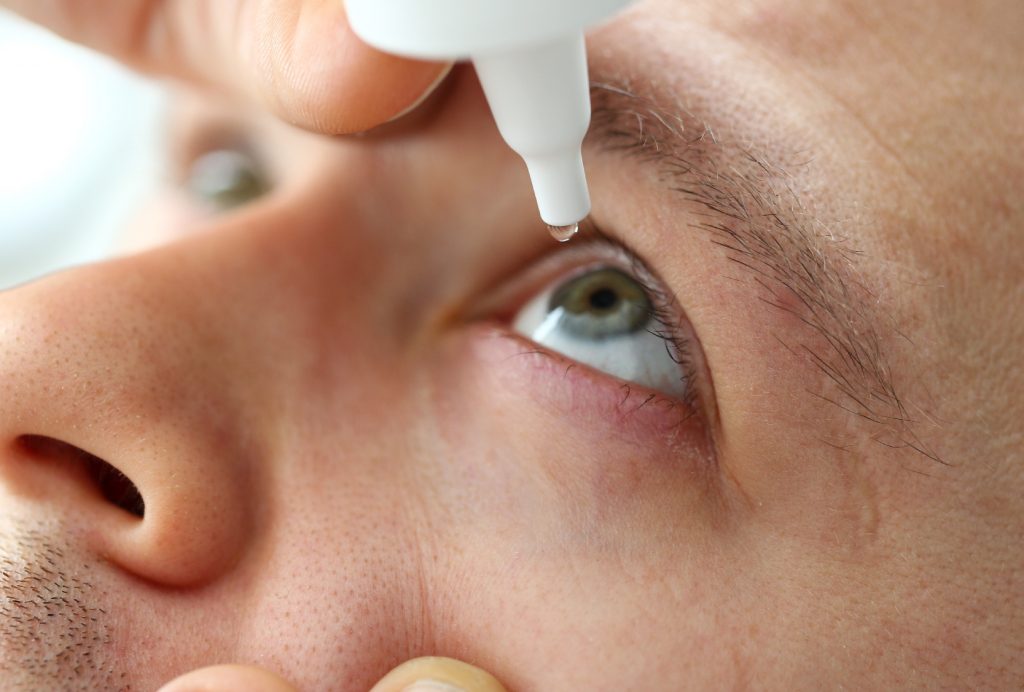Eye allergies, also known as allergic conjunctivitis, are commonly occurring allergic reactions to foreign particles entering and irritating the eye. To fight off these foreign particles, which is also called allergens, the eyes produce a substance called histamine to help combat these allergens. This causes the conjunctiva of the eye to become swollen and red, resulting in the eyes feeling itchy and tearing up. Unlike other forms of conjunctivitis, this allergic reaction is not contagious, meaning that it cannot be spread from person to person.

Allergens can be found both indoor and outdoor, which triggers the allergic reaction in the eye. Commonly found allergens include mold, smoke, dust, dust mites, pollen from plants and pet dander. Cosmetics and perfumes are also known to cause eye allergies as well, so when applying any cosmetic to your face, it is recommended to avoid the eyes. There has also been evidence to suggest that eye allergies are inherited, so a person may be more likely to contract an eye allergy if one or both of their parents are also prone to allergic reactions in the eye. Studies have also shown that there is strong correlation between nasal and eye allergies, meaning that people with nasal allergies are more likely to contract an allergic reaction to the eye as well.

To treat eye allergies, it is recommended to avoid or limit exposure to the substance or particles causing the allergic reaction. For example, if you are allergic to smoke, it is best to avoid smokers and keep clear of secondhand smoke from entering and irritating your eyes. Other preventative measures such as wearing sunglasses, washing hands after touching pets or using mite-proof mattress cover would help to reduce the risk of allergens triggering an allergic reaction. Using artificial tears can also relieve the symptoms of eye allergies such as dry or irritated eyes temporarily. It is important to use the artificial tears according to the instructions as stated in the packaging, which is usually up to six times a day. Eye allergies can be frustrating to deal with, but taking preventative measures and limiting exposure to allergy triggers can reduce the occurrence of this eye condition.

Source: American Academy of Ophthalmology









